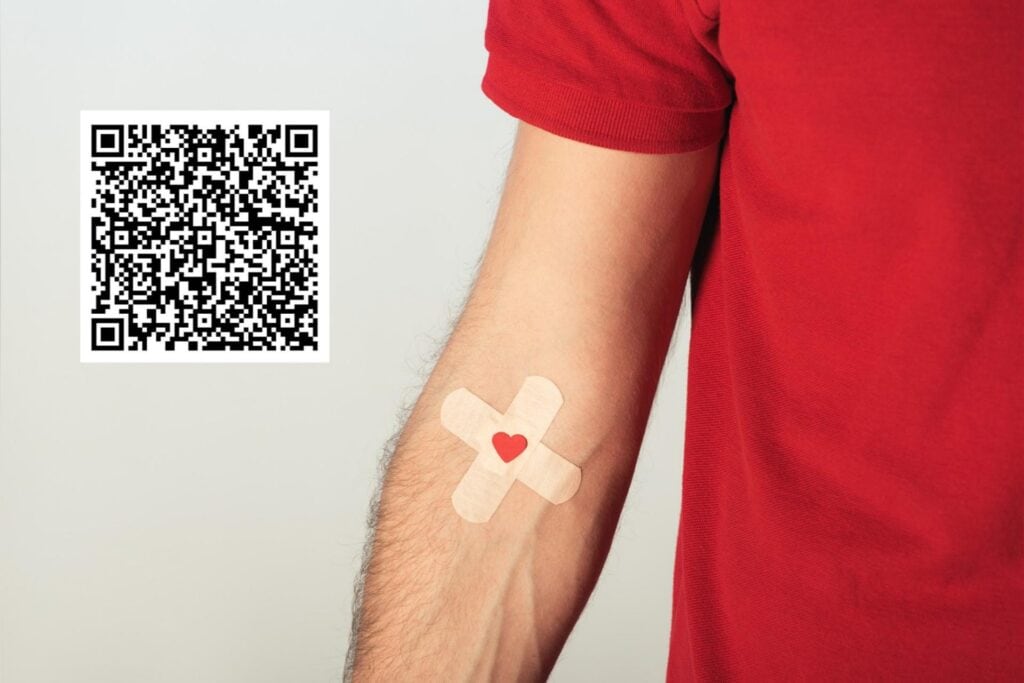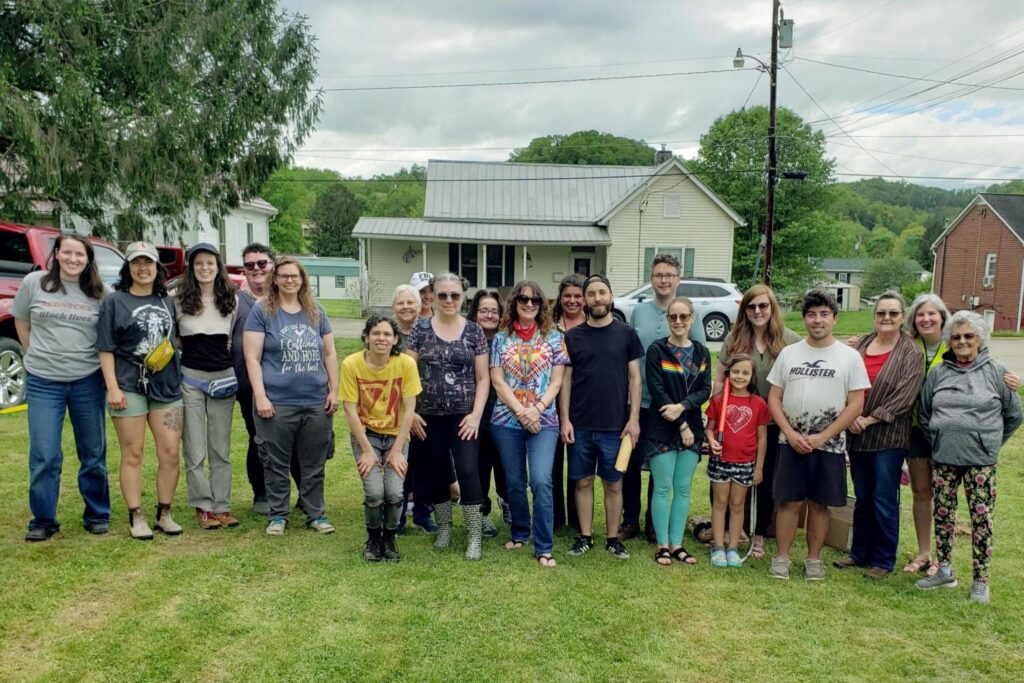Females are less susceptible to infection but are 10 times more likely than males to develop an autoimmune disorder, such as hypothyroidism or rheumatoid arthritis. The female immune system is “a double-edged sword” in that way, said Jennifer Franko, a teaching assistant professor in the Department of Microbiology, Immunology and Cell Biology at the West Virginia University School of Medicine.
In a new study funded by the National Institutes of Health, Franko is investigating if the gut microbiome—the microbes that live in our digestive tract—can alter sex-specific immune responses. Her project will focus on short-chain fatty acids, metabolites that the bacteria in our gut produce as they break down the food we eat.
“Short-chain fatty-acids are known to have immunologic effects. They can either enhance or suppress immune responses, depending on the context,” Franko said. But scientists have not yet explored if they can influence immune responses differently in men and women.
That’s where Franko’s research comes in. She believes that SCFAs influence immune activation in a sex-chromosome-dependent manner. Females typically have two X chromosomes, and males have one X and one Y. For this project, Franko and her colleagues will use unique animal models that don’t fall neatly into traditional male or female categories. For example, the male models can have either an XX or an XY sex chromosome complement, and females can have either XX or XY sex chromosomes.
By providing these animal models with extra SCFAs in their water supply, Franko and her team will determine if SCFAs enhance the activity of B cells—a type of white blood cell that helps the body target germs—in animals with certain sex chromosome complements after they are vaccinated against Streptococcus pneumoniae, the culprit behind most cases of bacterial pneumonia.
Franko hypothesizes that animal models with two X chromosomes—whether they are biologically male or female—will have B cells that are more active and that these models will induce a stronger response to the vaccine if they’ve taken in an abundance of SFCAs.
She proposes that this effect has something to do with the body’s silencing of the second X chromosome. “We know that in females one X chromosome is typically silenced, meaning its genes aren’t expressed. That inactivation is believed to maintain a dosage effect so that males and females express similar levels of X-linked genes in similar circumstances,” she said. “Our question is, can the microbiome actually impact the expression of the genes that are usually turned off?”
Previous studies of the microbiome’s immunologic effects have not taken sex-chromosome-linked differences into account. “Most of the time, when you talk about microbiome research, researchers are looking to study changes in microbial communities. What our study suggests is that it doesn’t matter if males and females have the same communities,” Franko said. “If those communities influence the immune system differently, in a sex-chromosome-dependent manner, then immune activation is going to differ in girls and guys because of the genetic differences between them.”
Her research team includes Rosana Schafer, an associate professor in the Department of Microbiology, Immunology and Cell Biology; Quinn Hopen and Gwen Nurkiewicz, undergraduate students in the Immunology and Medical Microbiology Program, and recent IMMB graduates Karagan Mulhall and Andrea Pettit.
If their work indicates that immune responses differ significantly between the sexes, their findings may suggest ways to enhance vaccine efficacy, especially in males who are more vulnerable to infection. The study may also hint at how physicians can modulate female immune responses so that they stop targeting the bodies’ own cells and triggering autoimmune disorders.
“The research in Dr. Franko’s lab has demonstrated that sex chromosomes, and the genes encoded on them, may play a critical role in the response of the immune system of males versus females,” Schafer said. “The results of her studies will lead to the identification of molecular targets or specific genes that should be considered when designing appropriate immunotherapies for males and females.”
“It’s not a one-size-fits-all effect. The NIH appreciates this and has been encouraging scientists to recognize sex as a biologic variable in research,” Franko said. “By doing so, we hope to contribute to the development of more effective, more individualized medicine in the future.”
Research reported in this publication was supported by the National Institute of Allergy and Infectious Diseases of the National Institutes of Health under Award Number 1R21AI146376-01. The content is solely the responsibility of the authors and does not necessarily represent the official views of the National Institutes of Health.














